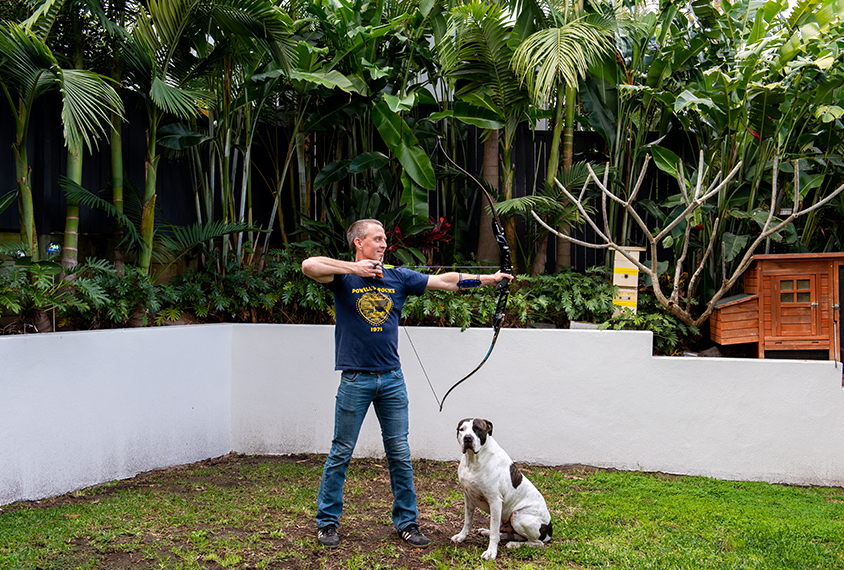Delia O’Hara is an award-winning writer and journalist, a former longtime features reporter for the Chicago Sun-Times. Specialties include science, health care, profiles, education, history, culture and the arts for magazines and websites. She is presently a member of the National Association of Science Writers and the Association of Health Care Journalists. She is also a published short story writer.
Delia O’Hara
From this contributor
Beyond the bench: A conversation with Konstantinos Zarbalis
Konstantinos “Kostas” Zarbalis talks about the upside of unexpected experimental results, and why he eats just one meal per day.

Beyond the bench: A conversation with Konstantinos Zarbalis
Beyond the bench: A conversation with Kristin Sohl
When pediatrician Kristin Sohl isn’t building programs to improve care for and research about autistic people, you can find her reading psychological thrillers or playing Pokémon Go.

Beyond the bench: A conversation with Kristin Sohl
Beyond the bench: A conversation with Andrew Whitehouse
Andrew Whitehouse talks about his conservation efforts in the Australian Outback, what it’s like to be an identical twin and why he leaves work promptly at 5 p.m.

Beyond the bench: A conversation with Andrew Whitehouse
Beyond the bench: A conversation with Ethan Scott
Ethan Scott packs his lab with math, physics and computer science experts to decode sensory brain networks in zebrafish models of autism.

Beyond the bench: A conversation with Ethan Scott
Explore more from The Transmitter
Machine learning spots neural progenitors in adult human brains
But the finding has not settled the long-standing debate over the existence and extent of neurogenesis during adulthood, says Yale University neuroscientist Juan Arellano.

Machine learning spots neural progenitors in adult human brains
But the finding has not settled the long-standing debate over the existence and extent of neurogenesis during adulthood, says Yale University neuroscientist Juan Arellano.
Xiao-Jing Wang outlines the future of theoretical neuroscience
Wang discusses why he decided the time was right for a new theoretical neuroscience textbook and how bifurcation is a key missing concept in neuroscience explanations.
Xiao-Jing Wang outlines the future of theoretical neuroscience
Wang discusses why he decided the time was right for a new theoretical neuroscience textbook and how bifurcation is a key missing concept in neuroscience explanations.
Memory study sparks debate over statistical methods
Critics of a 2024 Nature paper suggest the authors failed to address the risk of false-positive findings. The authors argue more rigorous methods can result in missed leads.

Memory study sparks debate over statistical methods
Critics of a 2024 Nature paper suggest the authors failed to address the risk of false-positive findings. The authors argue more rigorous methods can result in missed leads.